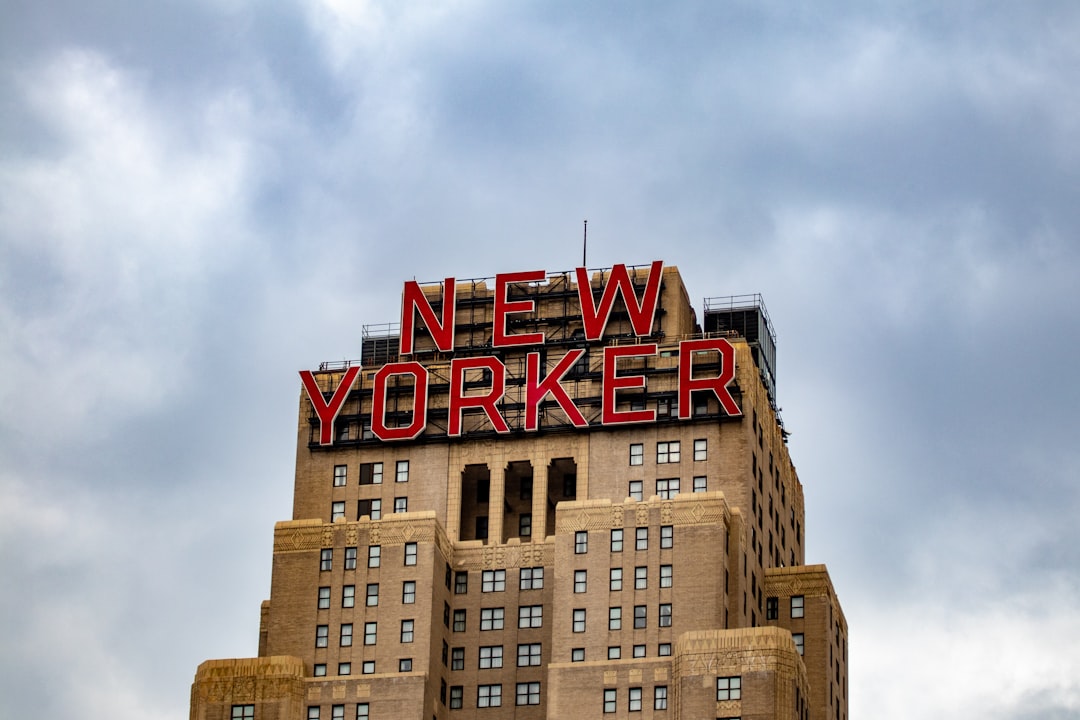Why Do People Talk to Isaac Chotiner?
Some speculations after the latest intellectual self-immolation.
I’m going to start this column by talking about John Mearsheimer. This will vex most of my academic colleagues in international relations, though not for the reasons that you might think.
There are many, many reasons why Mearsheimer exasperates most of my colleagues. On a macro-level, the ever-widening mismatch between Mearsheimer’s status outside the profession and his standing among scholars can be a problem. As a public intellectual, Mearsheimer is feted by other great powers and can attract a wide audience. As an international relations scholar, Mearsheimer is widely cited but primarily as a convenient strawman. I have refereed WAY too many manuscripts that include a sentence like, “This paper concludes that, contrary to Mearsheimer’s [insert Mearsheimer hypothesis here], this international relations phenomenon is better explained by [insert author’s theory here].”
It has not helped that in the two decades since Mearsheimer published Tragedy of Great Power Politics, his written work seems unintentionally dedicated to undermining offensive realism, his most well developed theory. In Mearsheimer’s oeuvre the constraint of anarchy forces states to be power maximizers — except when powerful interest groups, leaders, or ideologies push the hegemon to behave in different ways.
Another, more recent reason Mearsheimer exasperates political scientists is that he has become incapable of responding to subject matter experts. As the hard-working staff here at Drezner’s World noted in September, Mearsheimer argued at an American Political Science Association panel that there was no evidence Putin had imperial aspirations in Ukraine prior to the start of the war. He found himself flatly and repeatedly contradicted by the regional experts on that panel. As I concluded then, “There comes a point when someone’s analysis, because it proves to be consistently wrong, devolves from counterintuitive to contrarian. I fear Mearsheimer has hit that point; there is little value in delving any further into his thoughts on the matter.”
So why am I starting this post with Mearsheimer? Because the latest reason IR scholars would rather not talk about him is that he decided to talk to the New Yorker’s Isaac Chotiner again. The result is, how to put it, an intellectual trainwreck. Mearsheimer’s command of the facts were weak. He contradicted himself multiple times and sounds extremely foolish in other parts of the conversation. He refused to comment on his ethically dubious tête-à-tête with Hungarian leader Viktor Orban.
In other words, Mearsheimer has followed the path of other contrarians interviewed by Chotiner in recent years: they intellectually self-immolate under the pressure of his polite prodding. Christopher Caldwell, Alan Dershowitz, Victor Davis Hanson, Amy Wax, Richard Epstein: they all have spoken to Chotiner in recent years and they all have self-sabotaged in their interviews.
This raises a question that many ask on social media: Why does anyone ever agree to be interviewed by Chotiner in the first place?
I can speculate on some possible answers — that’s what Drezner’s World is for!
The most banal is that not all Chotiner interviews play out like Mearshemer’s. If you go through Chotiner’s archive, many of his interviews with experts are strictly informative, a generalist asking an expert questions about their field. Maybe some of these people believe they will be treated as experts witnesses rather than hostile ones.
Another answer might be that, as contrarians, they view speaking to Chotiner as too good an opportunity to pass up. The overlap between NPR, PBS, the New York Times, and the New Yorker’s audience is high; those contrarians who want to persuade liberal elites might view Chotiner as too good a promotional opportunity to pass up.
Matt Tait recently noted that the dynamics of Twiter incentivized trolling: “after a while, people with no shame realized they could be the main character on purpose, continuously seeking the thrill or profit of the attention it gave them.” Maybe the same is true with talking to Chotiner. For contrarians, is there such a thing as negative publicity?
The thing is, at this point Chotiner’s reputation should precede him. Mearsheimer, in his interview, seems keenly aware of the risks of talking to Isaac. And I don’t recall any of these characters crowing that they did well in their interviews with Chotiner.
So why do it? Maybe they believe that speaking with Chotiner is not an intellectual challenge. In The Ideas Industry I talked about how superstars evolve to the point when they tune out editors, critics, and rivals as beneath them. Most of these contrarians are conservatives/reactionaries who have found sustainable niches in the academy. In their minds, they have survived for decades in a hostile intellectual climate (decades is a key word in that sentence; the truth is that many of the names on that list are approaching emeritus status and might have lost their intellectual fastball). After dealing with unrelenting hostility from an army of Ph.D.s maybe they look at Chotiner as not worthy of worry.
Maybe the explanation is simpler: age and intellectual vanity lead many people to do and say dumb things. I wish I had a definitive answer but, in the end, it’s hard to have the confidence of a contrarian.



I personally think there's a simpler explanation (based on my own experience as an investigative journalist interviewing so-called 'guilty men', up to and including child murderers). It's simply this: they think they're right. Chotiner is self-evidently a smart person and they are sure that he will see how right they are. We are all heroes in our own narratives.
I think a huge part of it is that Chotiner doesn't come across as threatening. He's polite and asks seemingly innocuous questions. But he is a master of Socratic inquiry and his interlocutors don't realize that his questions have laid a trap until they fall into it.